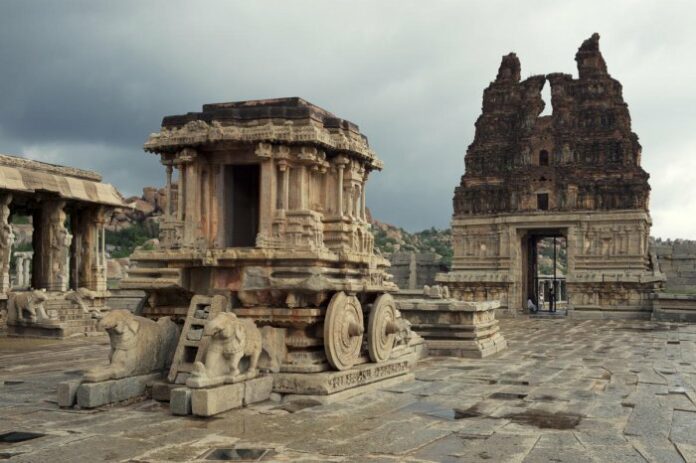Introduction
Our world is a treasure trove of diverse cultures, each with its unique heritage, traditions, and historical significance. Cultural conservation is vital in ensuring that this heritage is safeguarded and passed down to future generations. By preserving our cultural heritage, we can maintain a connection to our roots, promote cultural diversity, and foster a sense of identity and pride. In this blog post, we delve into the importance of cultural conservation, exploring the benefits it brings to individuals, communities, and society as a whole.
Understanding Cultural Heritage
Cultural heritage encompasses the tangible and intangible aspects of a culture’s legacy. It includes historic sites, monuments, artifacts, traditional craftsmanship, languages, performing arts, rituals, and knowledge systems. Cultural heritage reflects our collective identity and serves as a window into our past, providing valuable insights into our ancestors’ lives, beliefs, and achievements.
Preserving History and Identity
Cultural conservation is crucial for preserving history and identity. Heritage sites and artifacts hold the stories of our ancestors, enabling us to connect with our roots and understand the journey that has brought us to the present. By conserving cultural heritage, we maintain a sense of continuity, ensuring that future generations can learn from the past and carry forward our shared history.
Fostering Cultural Diversity and Tolerance
Cultural conservation promotes cultural diversity by preserving the unique practices, customs, and traditions of different communities. Embracing and valuing cultural diversity fosters tolerance, respect, and mutual understanding. It allows us to celebrate the richness and beauty of our collective heritage, breaking down barriers and building bridges between cultures.
Economic and Sustainable Development
Cultural conservation contributes to economic and sustainable development. Heritage sites and cultural tourism attract visitors, creating employment opportunities and boosting local economies. Moreover, preserving traditional craftsmanship and indigenous knowledge systems supports sustainable practices and fosters environmental stewardship.
Engaging Communities and Empowering Future Generations
Community involvement is crucial for successful cultural conservation. Engaging local communities in heritage preservation empowers them to take ownership and pride in their cultural heritage. Education and awareness programs play a vital role in passing down knowledge and skills to future generations, ensuring the continuity of cultural practices.
Conclusion
Preserving our cultural heritage is a responsibility we all share. By conserving and promoting cultural diversity, we create a world that values and respects the past, present, and future contributions of different communities. Cultural conservation not only safeguards our collective identity but also enriches our lives, fosters social cohesion, and contributes to sustainable development.
Let us prioritize cultural conservation in our personal lives, communities, and institutions. By supporting heritage preservation initiatives, engaging with local communities, and promoting education and awareness, we can ensure that our cultural heritage remains alive and vibrant for generations to come. Together, we can celebrate the diversity and richness of our shared human heritage, creating a legacy that will inspire and guide future generations.


